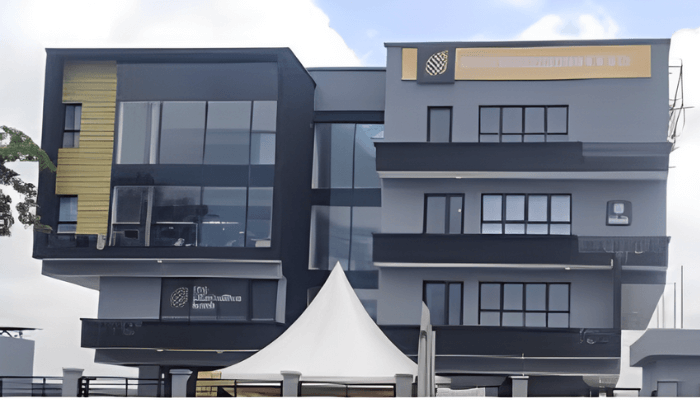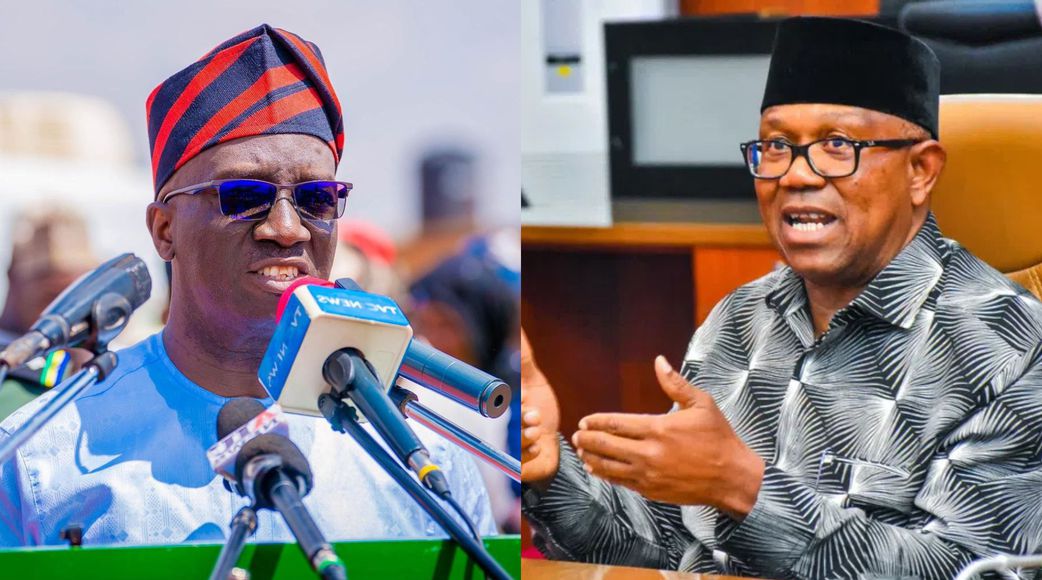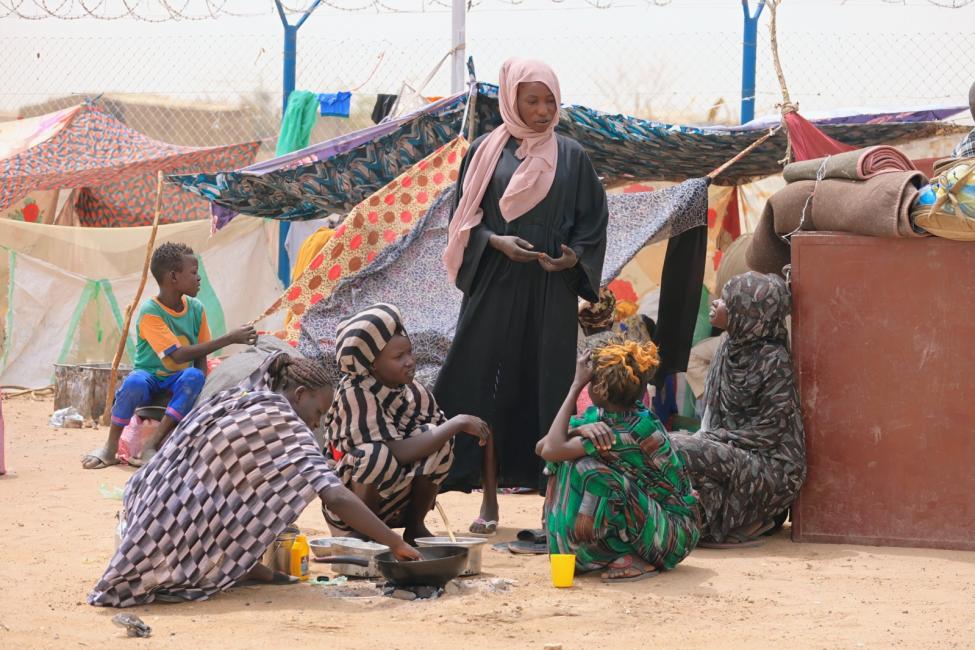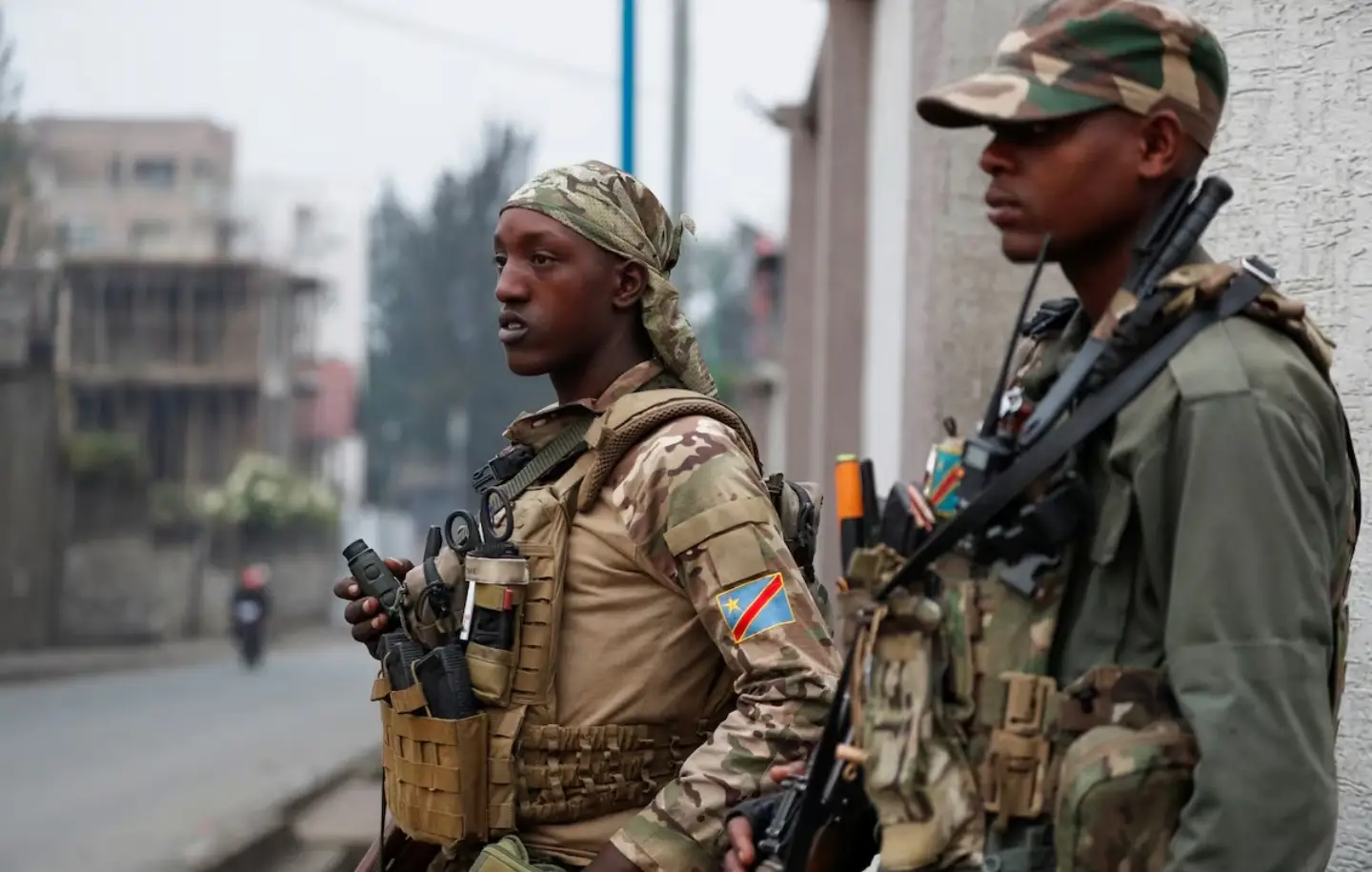By Ayomide Otitoju
World Health Organization (WHO) Director-General Dr. Tedros Adhanom Ghebreyesus and WHO Regional Director Dr. Hanan Balkhy concluded a two-day mission to Port Sudan, where they reiterated WHO’s commitment to aiding all Sudanese in need amid an extreme health and humanitarian crisis. They also called on the international community to act urgently to address the worsening situation.
During their visit, Dr. Tedros and Dr. Balkhy held discussions with key Sudanese leaders, including Lt. Gen. Abdul Fatah Al-Burhan, Chairman of the Transitional Sovereignty Council, and Federal Minister of Health Dr. Haitham Mohamed Ibrahim Awadallah. The talks focused on the devastating impact of the ongoing conflict and the urgent need for unrestricted humanitarian access to deliver life-saving aid to all affected areas.
“The international community seems to have forgotten Sudan, and the conflict ravaging the country is receiving little attention, with serious consequences for the region,” Dr. Tedros said at a press conference in Port Sudan. “I am here with my sister Dr. Hanan Balkhy to call for urgent, scaled-up action: more resources, more access to humanitarian aid, and more security for health workers and the patients they serve.”
He emphasized, “We are calling on the world to wake up and help Sudan out of this nightmare. We must not fail the people of Sudan.”
Sudan’s health system has been severely crippled by the conflict, with over 100 attacks on healthcare facilities reported in the more than 500 days of violence. Many health workers have fled, worsening the shortage of medical staff and further compromising the country’s ability to provide essential care.
The high-level WHO delegation visited a nutrition stabilization center, where Dr. Tedros and Dr. Balkhy witnessed the dire consequences of Sudan’s malnutrition crisis. Currently, 3.6 million children are acutely malnourished, with 730,000 suffering from severe acute malnutrition. The conflict has exacerbated food insecurity, making it increasingly difficult to deliver critical health and nutrition services.
In addition, the team visited an internally displaced persons (IDP) camp, where they saw firsthand the difficult conditions residents face. Camp inhabitants lack basic necessities such as food, medicine, and clean water, leaving them vulnerable to disease outbreaks and other health threats. Gender-based violence is a daily risk for the estimated four million women and girls in the country affected by the ongoing conflict.
Dr. Balkhy stressed the need to respect healthcare facilities, citing international humanitarian law. “Sudan’s health infrastructure is in ruins. Rebuilding the system requires investment not only in facilities but in the health workforce. Without a functioning health system, Sudan’s economic recovery and stability are also at risk,” she said.
Following their mission, Dr. Tedros and Dr. Balkhy called for coordinated global action to foster peace and provide both immediate and long-term aid. “Our priority is ensuring every Sudanese in need receives assistance, but this requires sustained peace, investment in health infrastructure, and full access for humanitarian efforts,” Dr. Tedros stated.
He underscored that peace must be the top priority, with both local and international support. “The world must not look away this crisis demands our collective response,” he said.
Currently, 25 million people in Sudan more than half the country’s population are in urgent need of humanitarian aid, with 14.7 million requiring life-saving support. The humanitarian sector has requested $2.7 billion to address these needs, but less than half the funding has been secured.
WHO’s own funding gap is concerning, with only 24% of the necessary funds raised for the Sudan health crisis, severely limiting the organization’s ability to respond effectively.
The visit concluded with the inauguration of WHO’s new office in Port Sudan, expanding its capacity to support those affected by the crisis.












